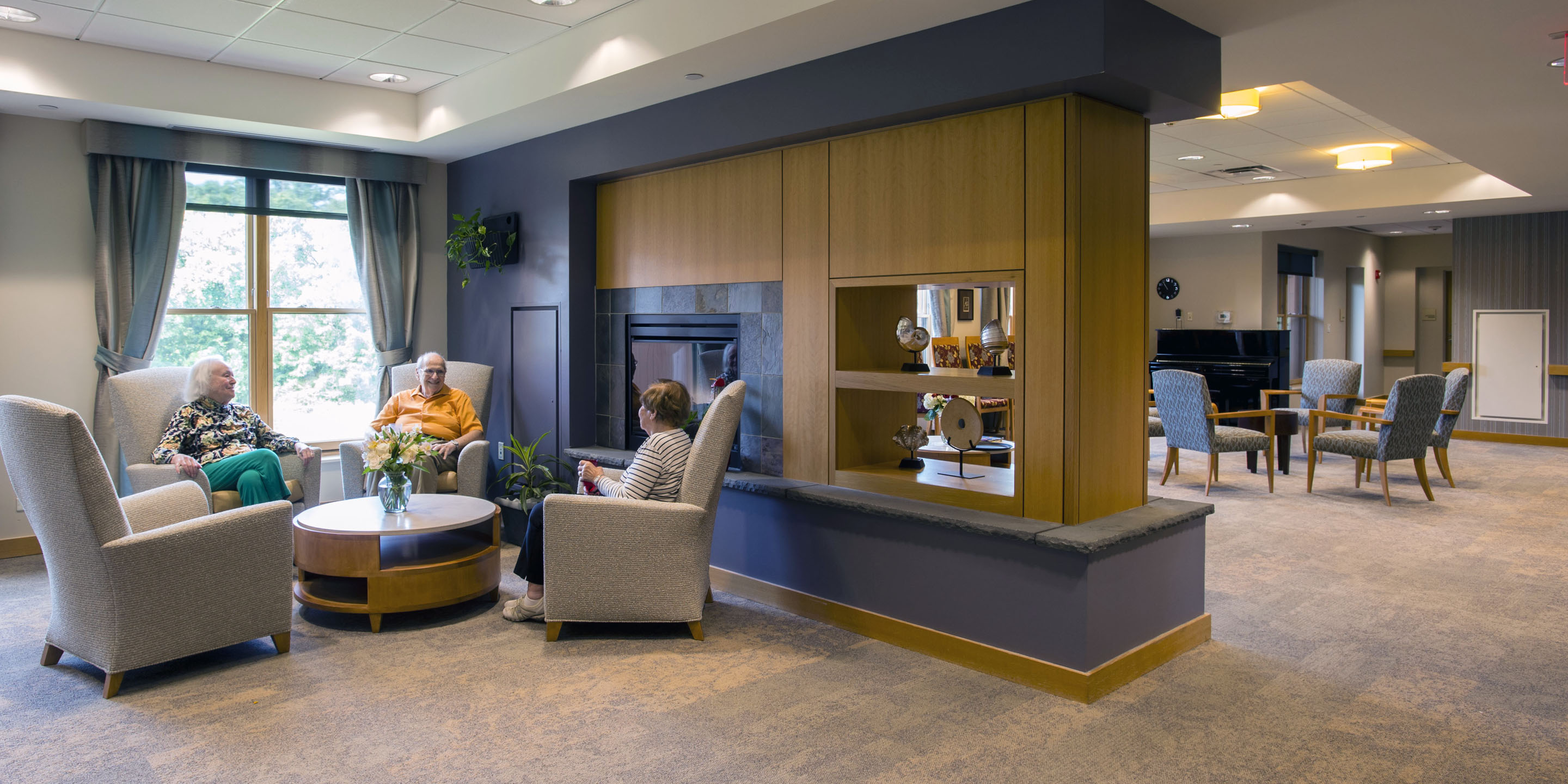Charlotte Memory Care: Professional Assisted Living for Memory Support
Charlotte Memory Care: Professional Assisted Living for Memory Support
Blog Article
What to Expect in Memory Care: An In-depth Overview to In-Home Provider
Browsing the landscape of memory treatment for an enjoyed one can be a complex and emotionally charged experience. As families concern terms with the difficulties of taking care of somebody with memory loss, the realm of in-home services provides a lifeline of assistance and specialized treatment. Recognizing what to anticipate in memory treatment is essential for ensuring the well-being of both the individual with memory impairment and their caretakers. From customized day-to-day tasks to security procedures and caregiver resources, this overview intends to drop light on the thorough spectrum of services available to those embarking on the journey of at home memory treatment.
Daily Regimens and activities
Involving in structured day-to-day activities and routines is an essential part of providing top quality care for people in memory care centers. These tasks are diligently developed to accommodate the particular demands of citizens with cognitive impairments, such as Alzheimer's illness or dementia. Daily routines play an essential role in preserving a feeling of experience, protection, and purpose for people in memory care.

Moreover, daily regimens assist people in memory care facilities to feel more oriented and less nervous. Uniformity in tasks and schedules can lower complication and frustration, providing a sense of stability and comfort. Caregivers and team member play an important role in promoting these activities, making certain that each resident receives individualized and caring treatment customized to their distinct preferences and abilities.
Specialized Care Provider
Within memory care centers, specialized treatment solutions are vital to resolve the one-of-a-kind demands and difficulties encountered by individuals with cognitive problems such as Alzheimer's disease or dementia. These solutions are developed to give tailored assistance that accommodates the details needs of homeowners managing memory loss. Specialized care solutions in memory treatment facilities typically include individualized treatment strategies, assistance with tasks of day-to-day living, medicine administration, and behavioral treatments targeted at improving lifestyle and minimizing distress.
Moreover, memory treatment facilities generally offer organized programs and activities specifically made to boost cognitive function and promote social engagement among homeowners. These activities may consist of memory-enhancing exercises, sensory excitement therapies, and memory therapy sessions. In addition, specialized treatment solutions commonly include normal tracking of residents' wellness and wellness by qualified personnel who are furnished to handle the one-of-a-kind difficulties related to cognitive decrease.
Safety Procedures and Environment
Applying rigorous link security steps and creating a safe and secure atmosphere are extremely important priorities in memory treatment facilities to ensure the health and security of residents with cognitive problems. Security in memory treatment starts with protected structure style, including secured doors and kept track of access to avoid residents from straying outside unsupervised. By focusing on safety and security measures and maintaining a protected environment, memory care centers objective to give a comforting and protective setting for people with cognitive impairments.
Interaction and Engagement Methods
With a focus on promoting significant communications and improving quality of life, reliable communication techniques play an important function in supporting individuals in memory treatment centers. Communication in memory care entails recognizing the one-of-a-kind demands of locals that might have cognitive disabilities like dementia.
Engagement approaches are likewise crucial in memory treatment, aiding locals remain active, promoted, and attached to their surroundings. Charlotte Memory Care. By prioritizing tailored communication and interaction approaches, memory care facilities can improve the total well-being and high quality of life for their homeowners.
Caregiver Support and Resources
Provided the crucial duty caretakers play in executing efficient interaction and involvement strategies for locals in memory treatment centers, supplying sufficient support sites and resources is important to guarantee the wellness of both the caretakers and the people under their treatment. Caretakers in memory treatment setups often face distinct difficulties that can affect their physical and psychological health. To attend to these obstacles, numerous assistance systems and sources are readily available to aid caretakers in giving the finest possible care.
One important type of support is caregiver education and learning and training programs. These programs equip caretakers with the essential abilities and expertise to properly take care of the habits and signs connected with memory loss. Additionally, support teams supply caretakers the chance to link with others who are experiencing comparable difficulties, offering a feeling of neighborhood and understanding.

Conclusion

Involving in structured day-to-day activities and regimens is a fundamental part of providing top quality care for individuals in memory treatment facilities.Within memory care centers, specialized treatment services are necessary to deal with the one-of-a-kind needs and obstacles faced by individuals with cognitive problems such as Alzheimer's disease or dementia. Specialized treatment solutions in memory care facilities commonly consist of personalized care plans, aid with activities of everyday living, drug management, and behavioral the original source therapies intended at boosting top quality of life and reducing distress.
Provided the important role caregivers play in executing efficient interaction and involvement approaches for residents in memory care facilities, supplying appropriate support and sources is vital to make sure the wellness of both the caregivers and the individuals under their care. Daily tasks, specialized treatment solutions, safety measures, communication techniques, and caregiver support are key components of in-home memory treatment.
Report this page